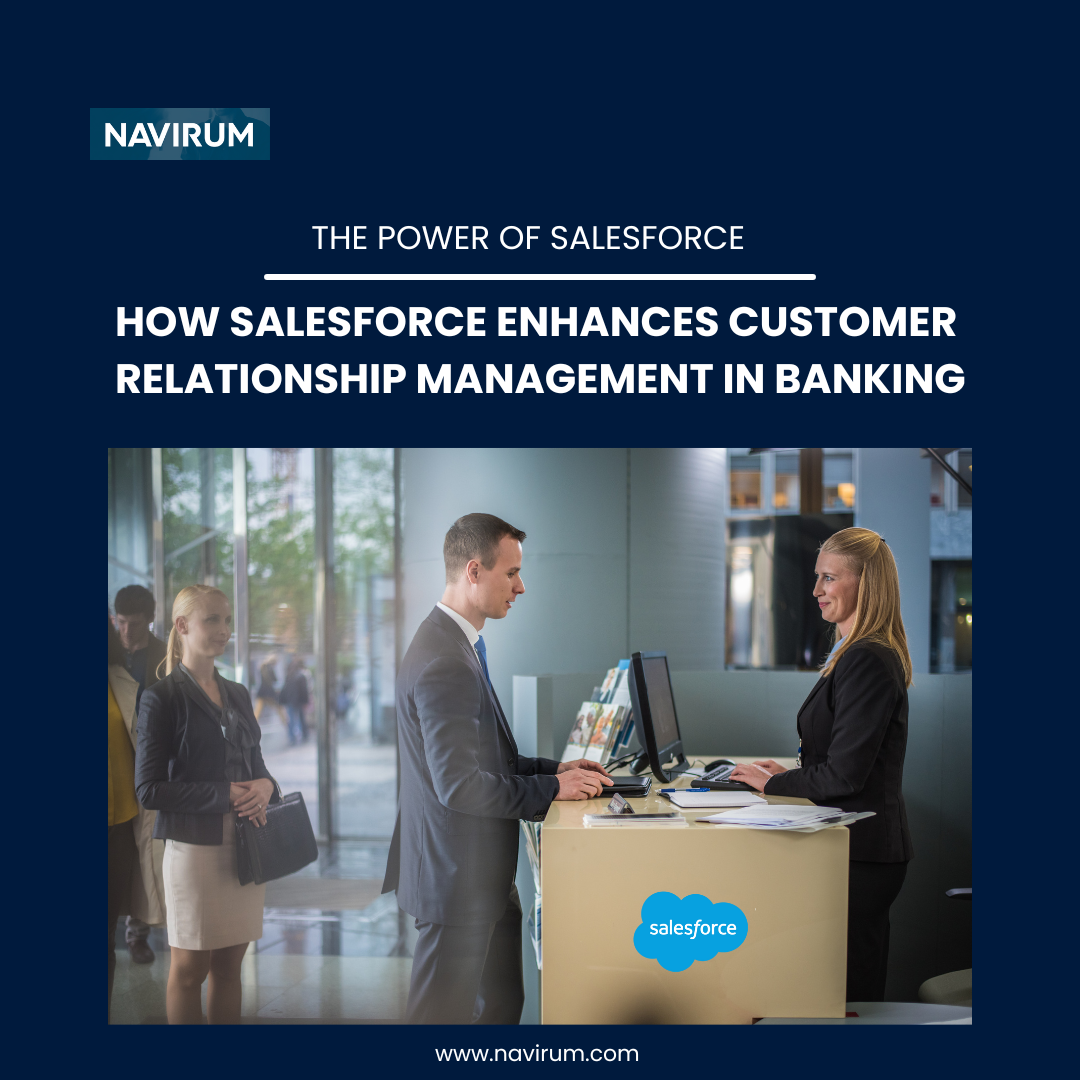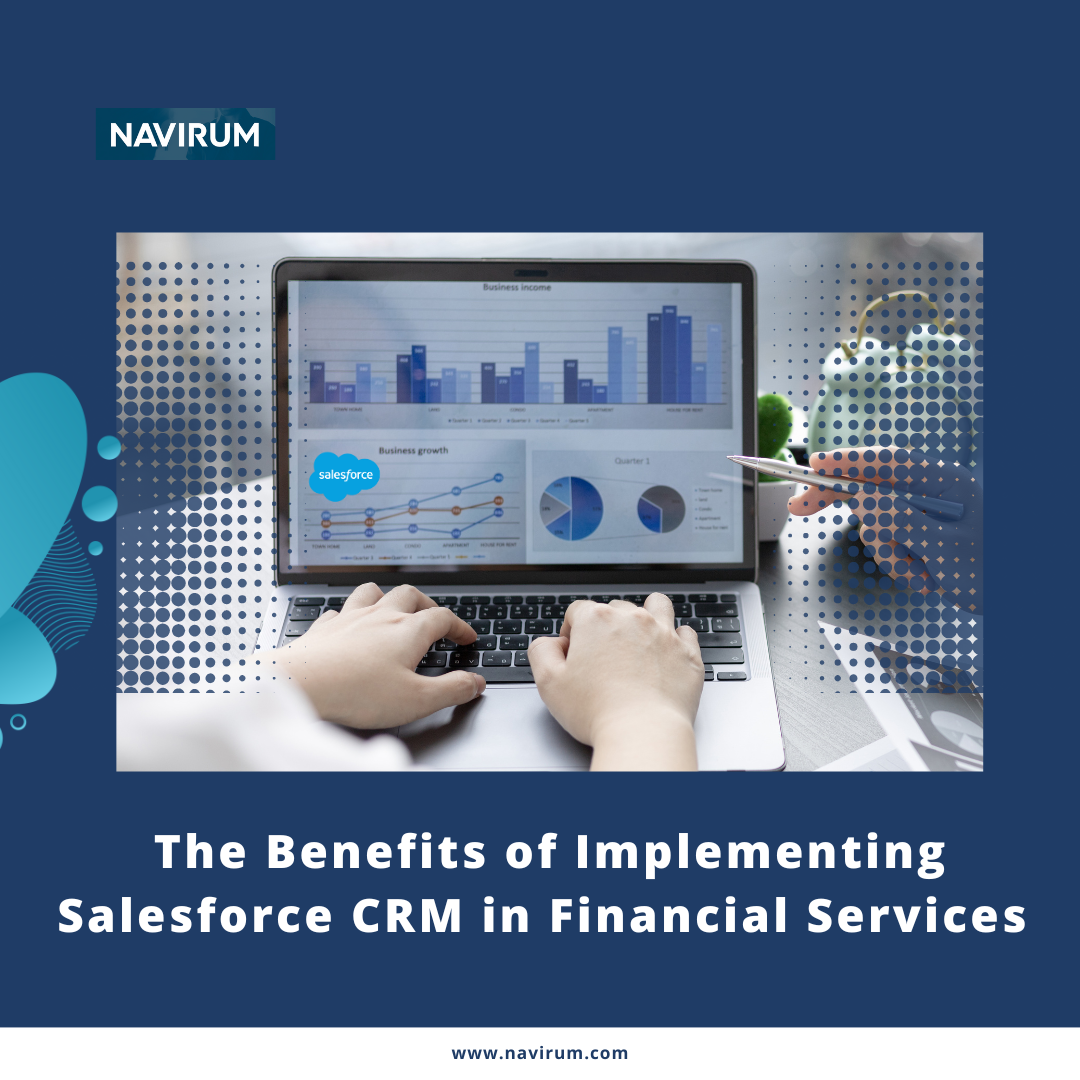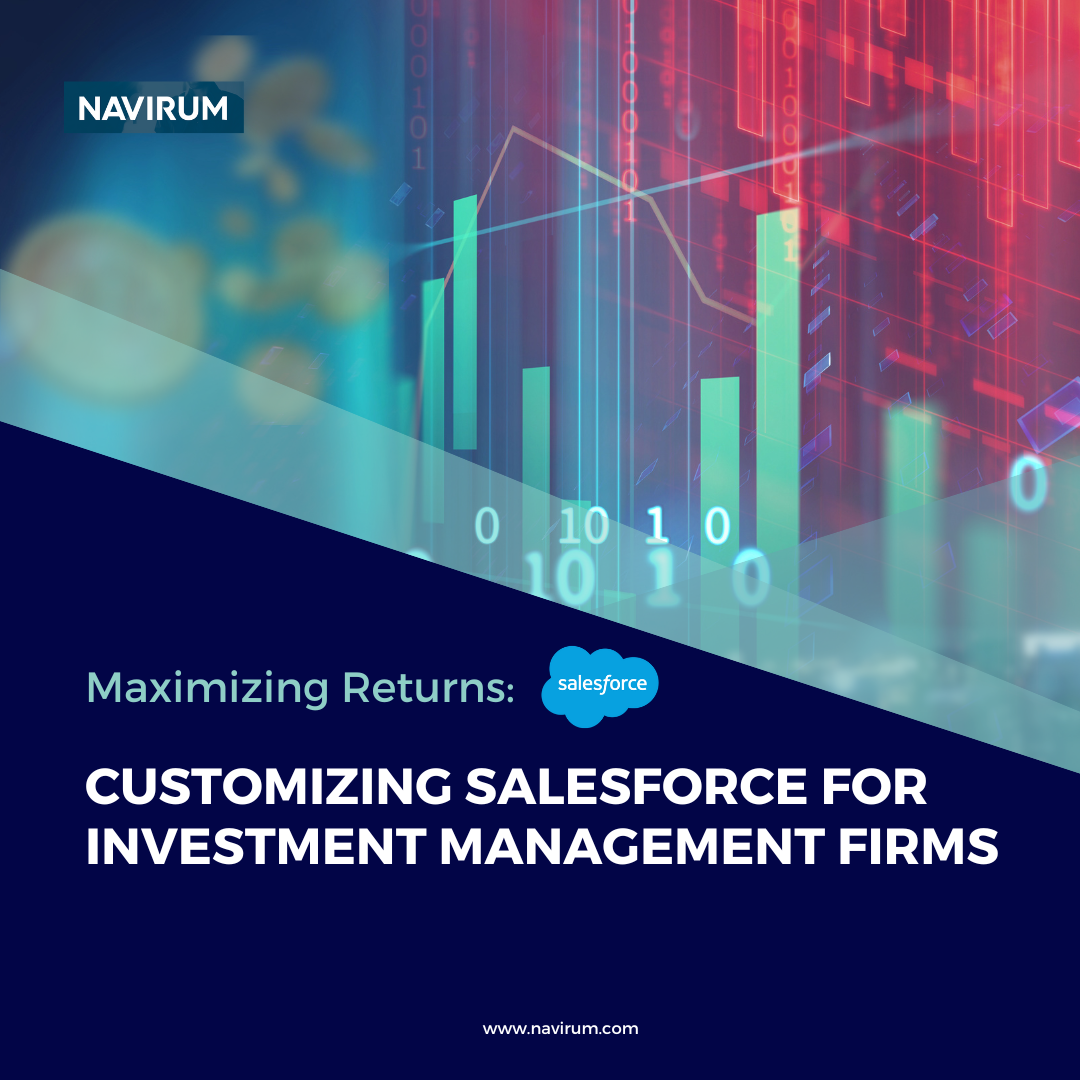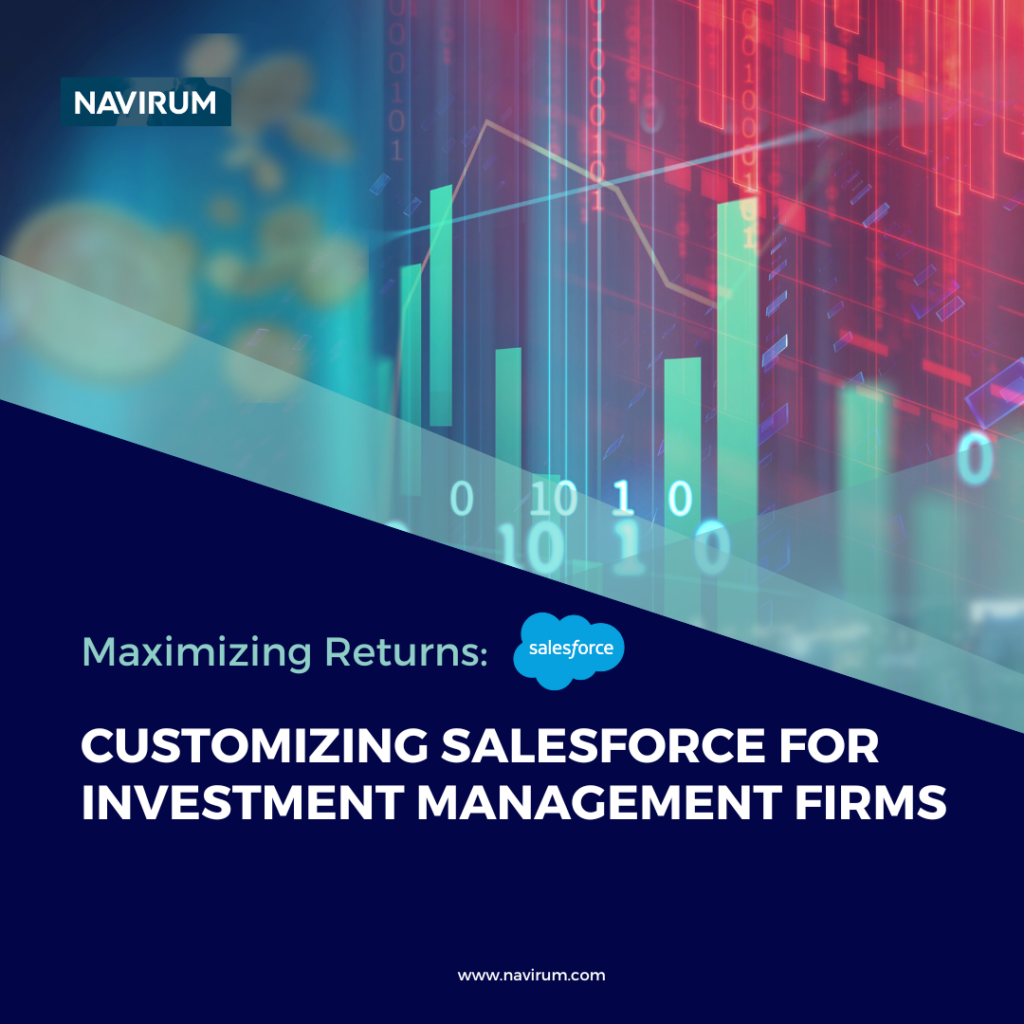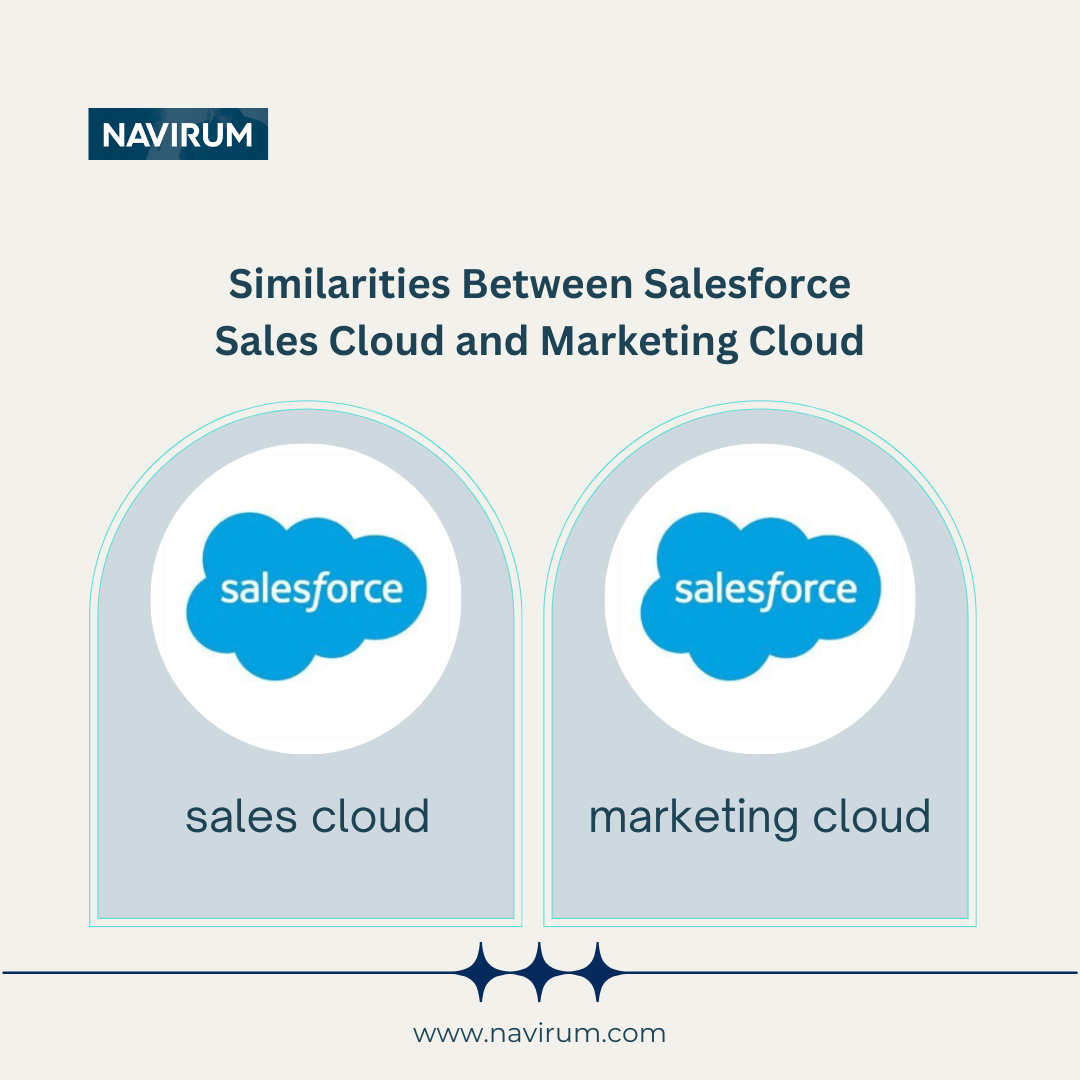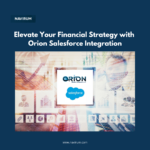
Looking for new ways of leveraging Salesforce for Financial insight? Business Intelligence Integration is the answer! In today’s data-driven business environment, financial institutions rely on accurate insights to make informed decisions, manage risks, and drive growth. Salesforce, renowned for its robust CRM capabilities, offers a powerful platform to integrate business intelligence (BI) tools and enhance financial insights. This article explores the benefits, strategies, and best practices for leveraging Salesforce for business intelligence integration in financial institutions.
The Importance of Business Intelligence Integration in Financial Institutions
Financial institutions manage vast amounts of data, including client information, transaction records, market trends, and regulatory data. Integrating Salesforce with BI tools enables these institutions to:
- Gain Comprehensive Insights: Consolidate data from various sources into Salesforce to create a unified view of clients, financial performance, and market trends.
- Improve Decision-Making: Empower decision-makers with real-time analytics, predictive modeling, and forecasting capabilities to identify opportunities and mitigate risks proactively.
- Enhance Operational Efficiency: Automate data analysis, reporting, and dashboard creation to streamline operations and reduce manual effort.
- Ensure Regulatory Compliance: Utilize BI tools integrated with Salesforce to monitor compliance, analyze regulatory impacts, and maintain transparency.
Key Benefits of Salesforce Business Intelligence Integration
1. Unified Data Platform
- 360-Degree View of Clients: Integrate Salesforce with BI tools to consolidate client data, interactions, and financial portfolios in one centralized platform. This unified view enables personalized client interactions and targeted marketing strategies.
- Holistic Financial Insights: Combine financial performance metrics, market trends, and customer behavior analytics to gain a comprehensive understanding of business performance and market opportunities.
2. Advanced Analytics and Reporting
- Real-Time Analytics: Leverage BI tools integrated with Salesforce to perform real-time data analysis, visualize trends, and generate actionable insights for executives, advisors, and operations teams.
- Custom Dashboards and Reports: Create custom dashboards and reports within Salesforce to monitor key performance indicators (KPIs), track financial metrics, and measure business outcomes effectively.
3. Predictive Modeling and Forecasting
- Predictive Analytics: Utilize Salesforce Einstein Analytics or integrate third-party BI tools for predictive modeling, forecasting future trends, and identifying potential risks and opportunities in the market.
- Scenario Planning: Simulate scenarios and evaluate the impact of strategic decisions on financial performance, client retention, and business growth using integrated BI capabilities.
4. Operational Efficiency and Automation
- Automated Insights: Implement automated data workflows and alerts within Salesforce to notify stakeholders of critical changes, anomalies, or opportunities based on predefined criteria.
- Efficient Resource Allocation: Optimize resource allocation, budgeting, and strategic planning processes by analyzing historical data and performance metrics through integrated BI tools.
Strategies for Successful Salesforce Business Intelligence Integration
1. Assess Integration Needs and Objectives
- Needs Assessment: Conduct a thorough analysis of business requirements, data sources, and integration challenges to define clear objectives for BI integration with Salesforce.
- Goal Setting: Establish measurable goals such as improving data accuracy, enhancing decision-making capabilities, or reducing reporting cycles through BI integration.
2. Select the Right BI Tools and Salesforce Edition
- BI Tool Selection: Choose BI tools that align with your financial institution’s needs, scalability requirements, and compatibility with Salesforce APIs.
- Salesforce Edition: Consider Salesforce editions such as Financial Services Cloud or Einstein Analytics to leverage industry-specific features and compliance capabilities.
3. Data Integration and Architecture Design
- Data Mapping and Integration: Develop a data integration strategy to map and synchronize data between Salesforce and BI platforms while ensuring data integrity and security.
- Integration Architecture: Design a scalable and robust integration architecture that supports real-time data updates, seamless data flows, and efficient query performance for analytics.
4. User Training and Adoption
- Training Programs: Provide comprehensive training to users on navigating Salesforce, interpreting BI dashboards, and utilizing integrated tools for data-driven decision-making.
- Change Management: Implement a change management strategy to foster adoption, address user resistance, and promote a culture of data-driven insights across the organization.
Integrating Salesforce with business intelligence tools empowers financial institutions to harness data effectively, gain actionable insights, and drive strategic initiatives with confidence. By consolidating data, leveraging advanced analytics, and automating reporting processes, organizations can enhance operational efficiency, improve client satisfaction, and achieve sustainable growth in a competitive market landscape.
As you embark on the journey to integrate business intelligence with Salesforce, consider partnering with experienced Salesforce consulting professionals. They can provide expertise in customization, integration, and training to maximize the value of Salesforce for your financial institution.
Ready to unlock the power of Salesforce for business intelligence integration? Contact our Salesforce consulting team today to explore how we can support your organization in leveraging financial insights to accelerate business success and innovation.



